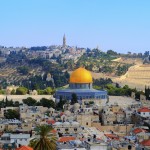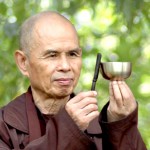Answer by Chris Berlin: Rather than being a “necessity,” the act of giving voluntarily in Buddhism is motivated by a recognition that all beings exist in interdependence. The interdependence of all things, combined with an awareness of those less fortunate, inspires compassion. Practicing selflessness in this way is thought to increase one’s own merit and is also an antidote to greed or grasping to possessions or other resources. Giving is an expression of the natural qualities of kindness and compassion. Recognition... Read more









